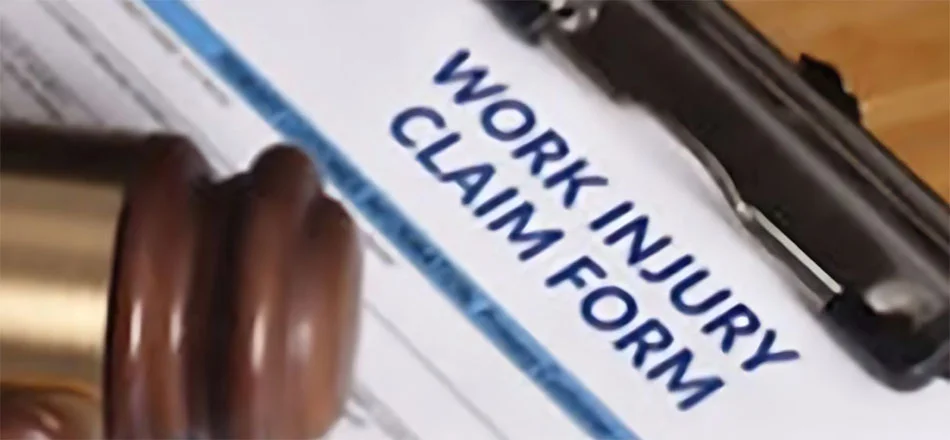Worker Classification Determines Workers’ Compensation

During the end of the 2010s, more and more employers have shifted their workers away from being full employees to being contractors or part-time staff. Ostensibly this is done to save on overhead, but the fallout for workers is very real. Connecticut law does not guarantee workers’ compensation benefits to anyone except employees, and even some employees can wind up excluded. In addition, it is not uncommon for an employer to (intentionally or unintentionally) misclassify workers as independent contractors in order to duck out of paying more for workers’ compensation. If you are in this type of situation, contacting an attorney is always a good idea, because each case is different.
Connecticut law requires all employers to carry workers’ compensation coverage if they have 1 or more employees (though household employees like nannies or maids who work less than 26 hours per day are excluded), and this is rigidly enforced – failure to carry the appropriate amount of coverage is punishable by fines that can climb into the thousands of dollars. Employees who are injured on the job can, by submitting the relevant forms, apply for workers’ compensation benefits from your insurer, receiving medical care and lost wage benefits if the claim can be processed appropriately.
An employee has the right to receive workers’ compensation benefits, while an independent contractor or a so-called “1099 employee” (someone who receives a Form 1099 to use in their taxes, as opposed to a W2) does not, with rare exceptions. Connecticut law differentiates between the two by evaluating the “existence or nonexistence of the right to control the means and methods of work.” In other words, employees are those who must contend with more direct control from an employer, while an independent contractor has more leeway in the style and manner of how they perform their job.
There are several factors that must be considered in determining a worker’s status, such as whether the employer pays the worker a salary or hourly rate, whether the employer has the right to directly discharge the worker or not, and whether or not the employer provides any materials or equipment required to perform the work, among others. Most classification matters are fairly straightforward – but it is sadly common for employers to deliberately misclassify employees as independent contractors, especially if doing so would allow them to avoid potentially hefty workers’ compensation bills.
If you need workers’ compensation benefits and you believe you have been classified wrongly, you may be able to seek redress under Connecticut’s Employee Misclassification Act. Since 2010, it has been a Class D felony to misclassify employees as independent contractors in order to defraud the state or to pay lower workers’ compensation insurance. In addition, your employer may be fined $300 per day per violation for every day of misclassification – if your misclassification is not addressed quickly, the amounts can add up very fast as well.
Call A Connecticut Workers’ Compensation Attorney
If you are an employee at a company, you are entitled to certain benefits, including workers’ compensation and medical care if you are hurt on the job. However, misclassification can take that away from you. Do not be afraid to try and hold your employer accountable – the Stratford workers’ compensation attorneys from the Morizio Law Firm can be a good first step toward deciding how best to proceed. Contact our offices today either via our website, or on the phone at 203-386-1433, for a free consultation.
Sources:
.wcc.state.ct.us/law/wc-act/2011/31-288.htm
.casemine.com/judgement/us/5914bcc8add7b0493479e62d#p154
.cga.ct.gov/2010/ACT/PA/2010PA-00012-R00HB-05204-PA.htm

